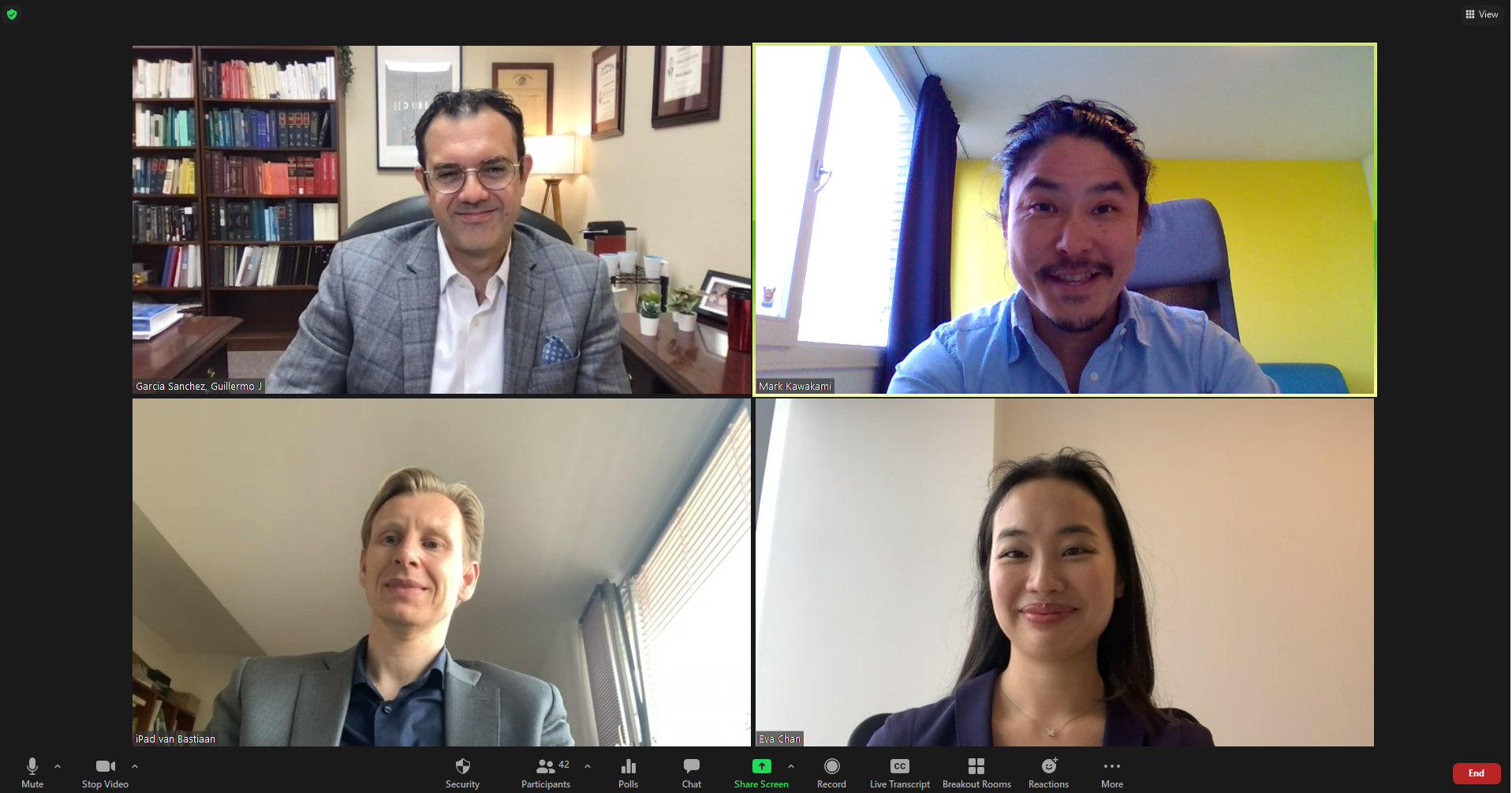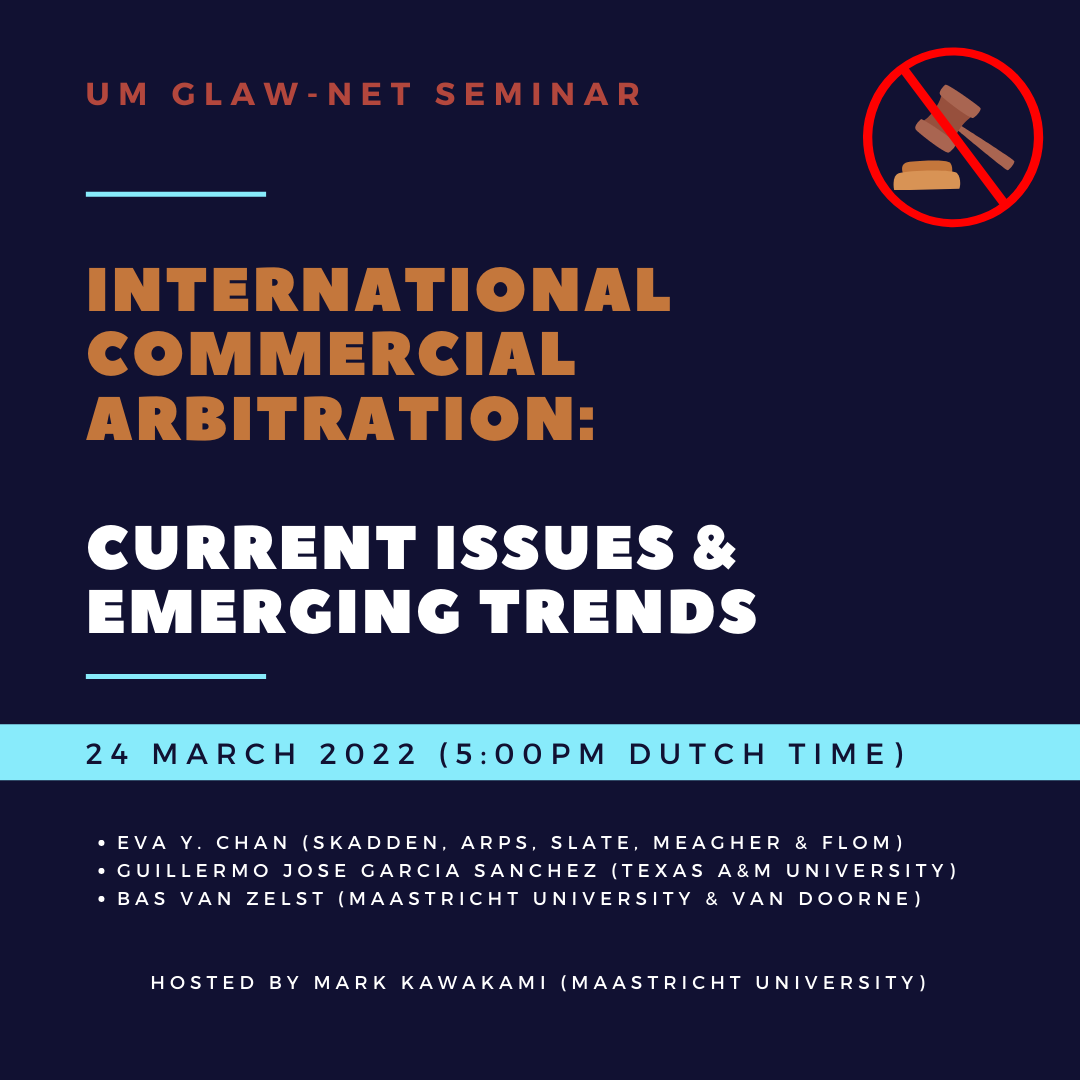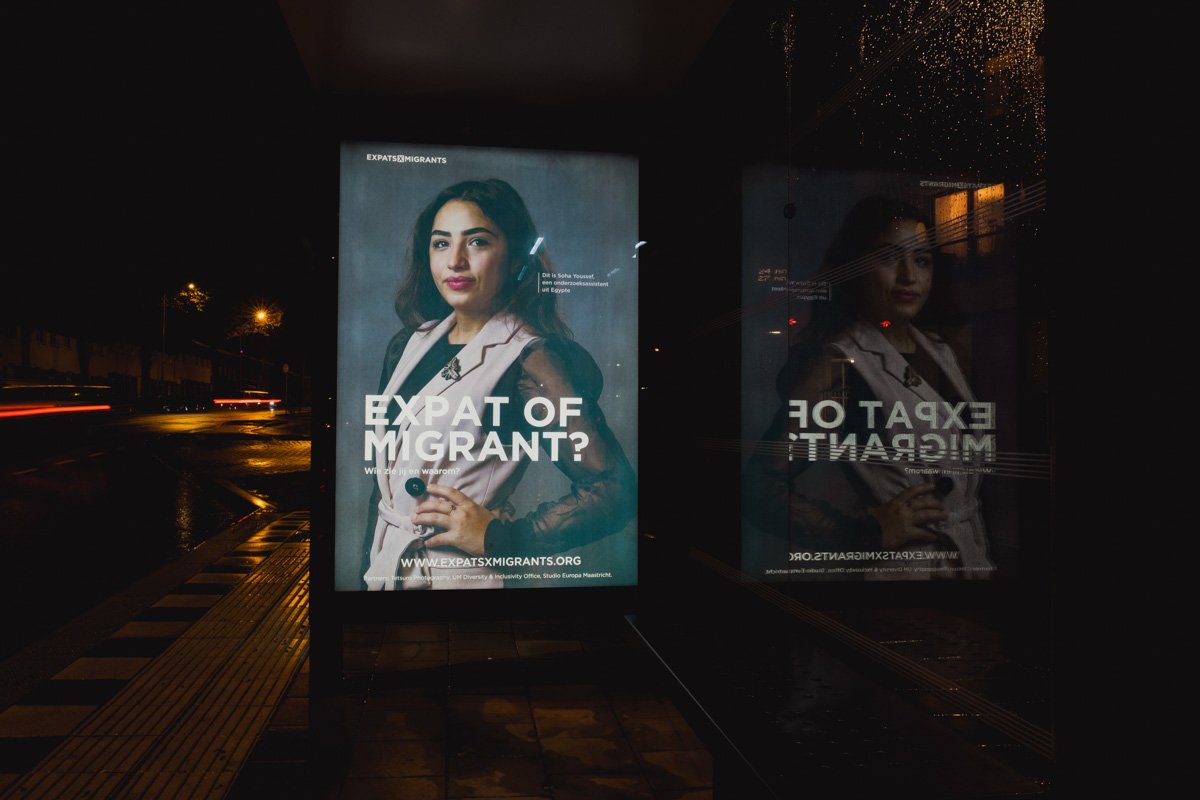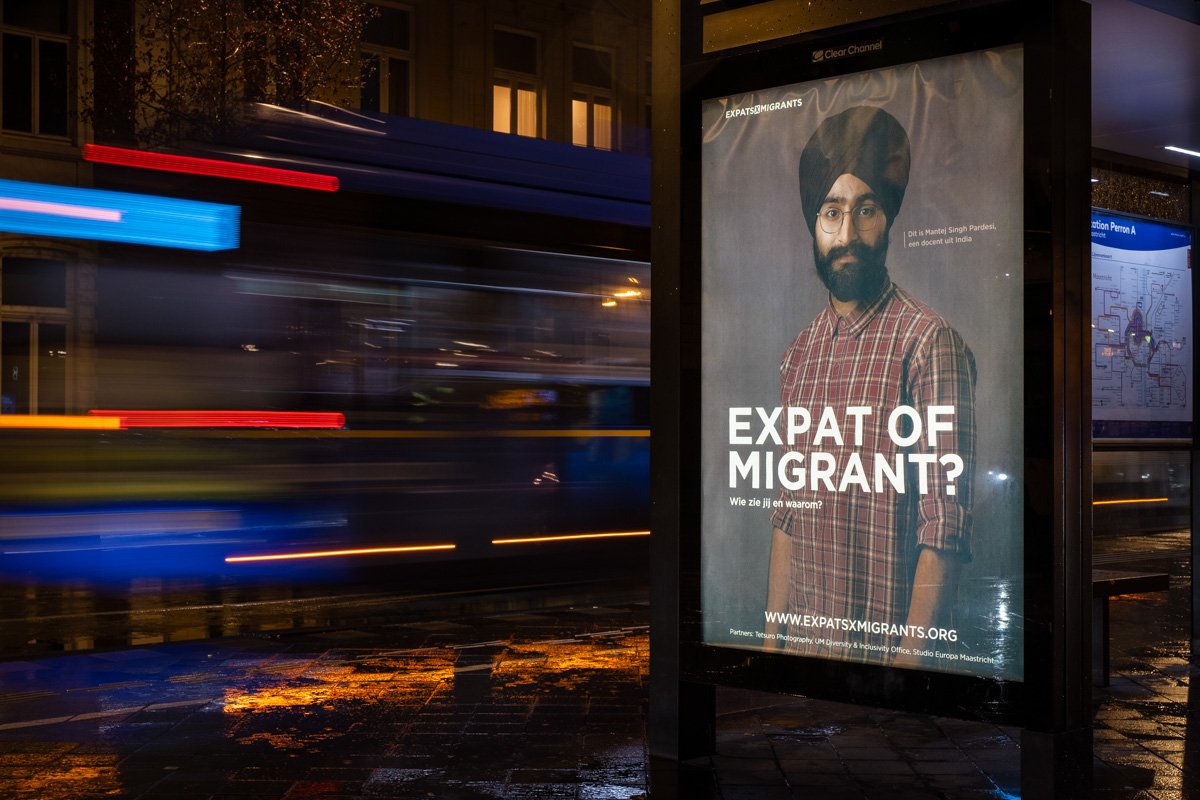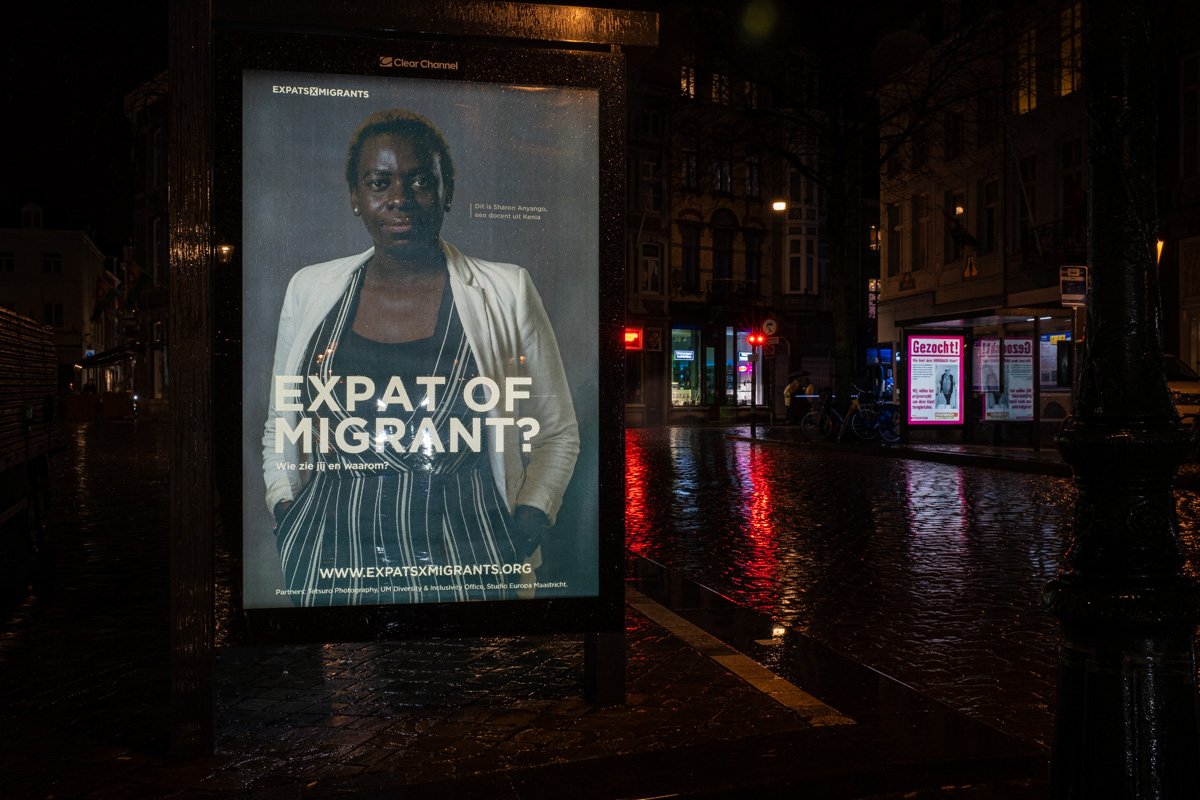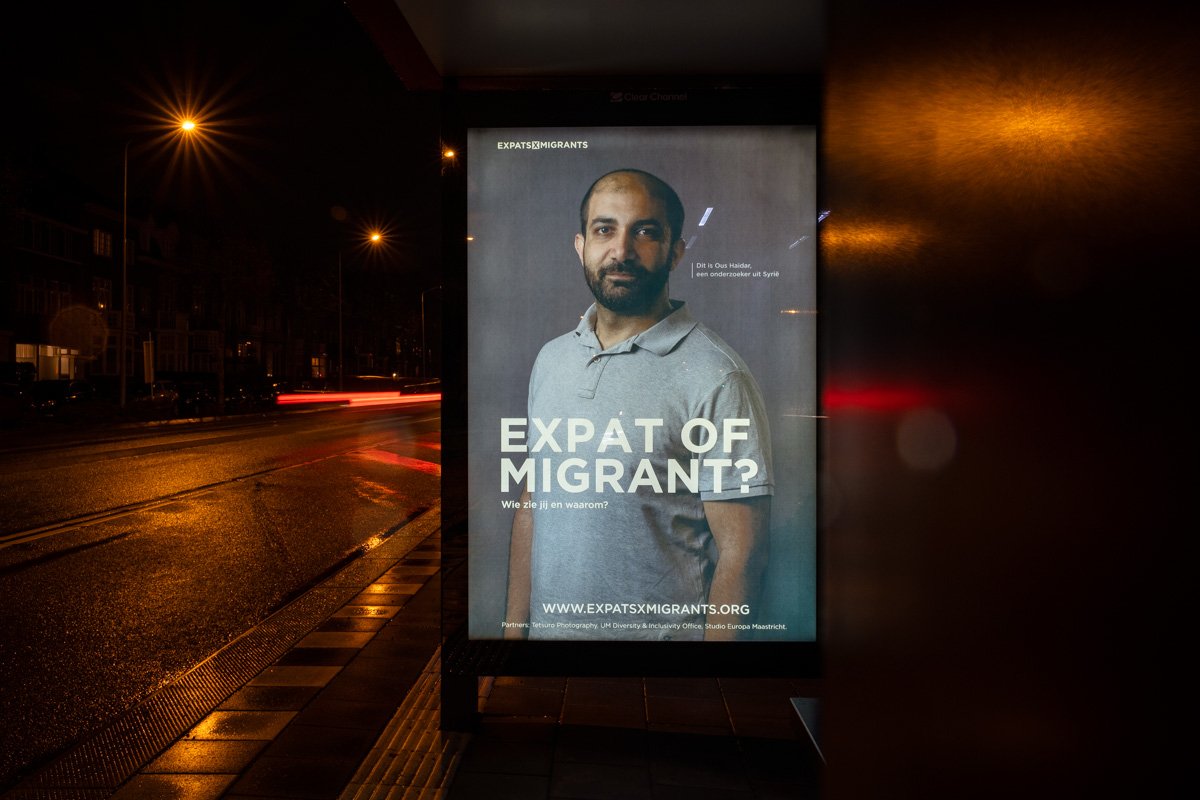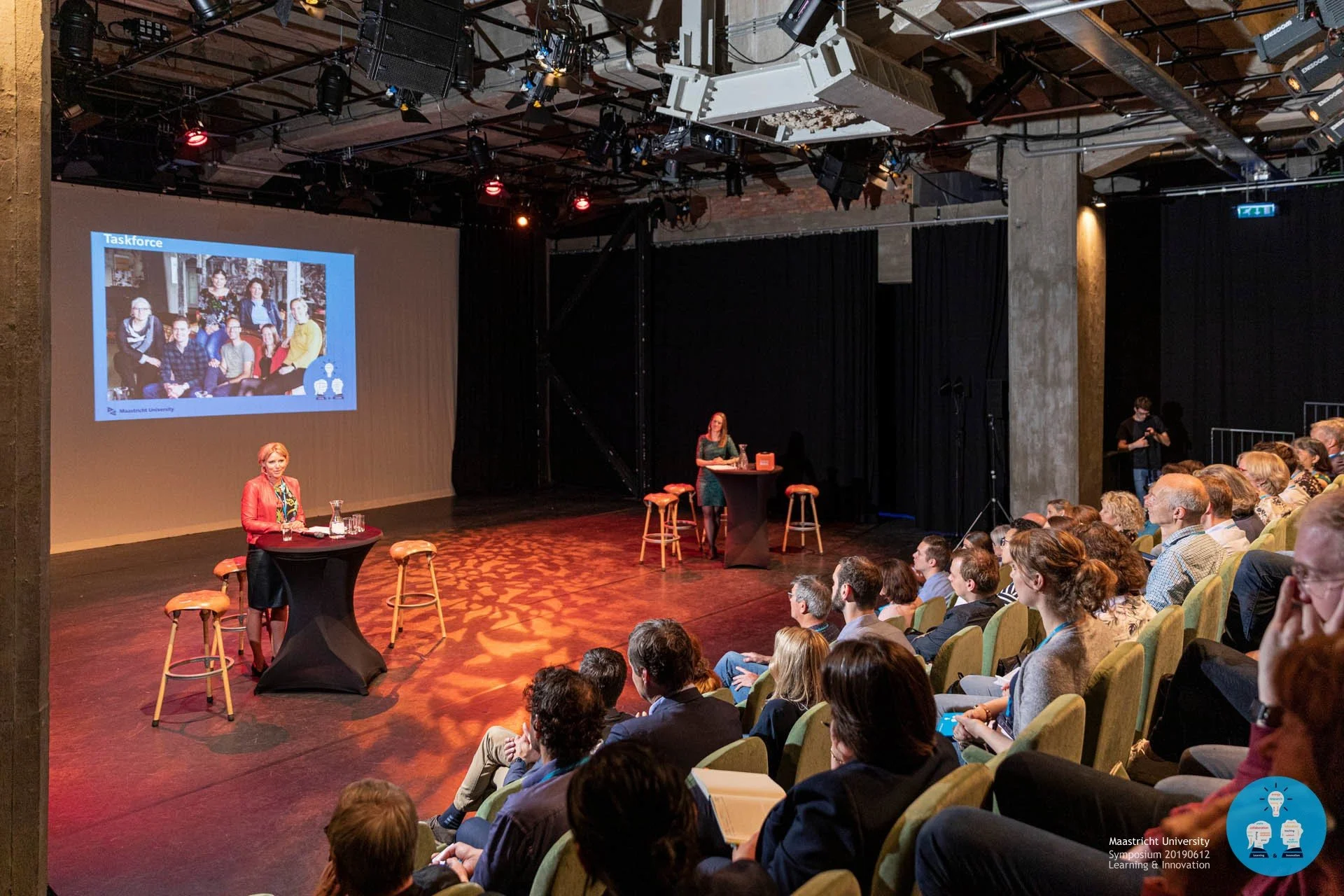Sticking with the mantra of “work with nice, smart, and motivated people,” I had the absolute pleasure of organizing a seminar on international commercial/investment arbitration with wicked smart friends (Eva Chan, Guillermo J Garcia Sanchez, and Bas Van Zelst). Together with students and staff, we discussed topics including, but not limited to the history of Investor State Dispute Settlement mechanisms, trends against ISDS, UNCITRAL Working Group III’s efforts to reform, the EU proposal for a Multilateral Investment Court, and much much more. I promised the audience a mindblowing seminar at the beginning, and I feel like we were able to deliver on that grand promise. Looking forward to more future collaborations with this group, which is going to be on 13 April as Maastricht University and Texas A&M Law School conduct a joint investor-state investment treaty negotiation exercise. For those interested, sign up here!
Should We Talk about How We are (Not Really) Supervising Our Students with Their Thesis?
The Maastricht European Private Law Institute hosted a thesis workshop for our hard-working interns earlier this month. A longer write up of the event, sage advice offered by some of our staff, and a broader reflection on the problem of thesis supervision within academia here.
Billy Joel, C.S. Lewis & the Proposed EU Directive for Corporate Sustainability Due Diligence
I've had Billy Joel's "We Didn't Start the Fire" stuck in my head for about a week now. Especially the chorus where it goes: "We didn't start the fire. It was always burning, since the world's been turning. We didn't start the fire. No, we didn't light it, but we tried to fight it." It's the last line that gets me. The fact that it’s in the past tense. What a downer. In light of all the crap that's going on in the world and the non-stop doomsday scrolling that I’m doing, my days feel like they are shrouded in worry and angst (it didn't help that my whole family had corona and our son now has chicken pox, but that’s neither here nor there).
I'm not entirely sure what the remedy is for my current malaise, but a text from C.S. Lewis seems somewhat on point (although I am not really a very religious man): "If we are all going to be destroyed by an atomic bomb, let that bomb when it comes find us doing sensible and human things—praying, working, teaching, reading, listening to music, bathing the children, playing tennis, chatting to our friends over a pint and a game of darts—not huddled together like frightened sheep and thinking about bombs. They may break our bodies (a microbe can do that) but they need not dominate our minds."
So even though it is taking me a bit more time and effort to muster the motivation to write something for work (and to try and convince myself that it may actually contribute to something), here is my attempt at doing something sensible and human, even if it is just writing a silly blog about a new proposed law that may (or may not) make the world a slightly better place.
Come Join the Maastricht European Private Law Institute’s Thesis Workshop!!
I’ll be stepping away from MEPLI - which I have been a member of ever since I first became an “academic” back in 2012 - to focus more on other initiatives. So this workshop will be the last event that I will organize as a member of MEPLI and as its Student Intern Coordinator. I’m very happy and grateful that I’ve been able to recruit some of my favorite colleagues for this last hurrah and to be able to match them up with some of our very enthusiastic, hardworking students. Come listen to them share their research and (if you are a student) get tips from the staff on how you can improve your thesis! The topics will range from regulating deepfakes to whistleblower protection within the EU. Don’t forget to register here to get the link!
Maastricht Young Academy Announces the Winning Team for Its Inaugural Interdisciplinary Grant
Through my involvement with the Maastricht Young Academy, I had the pleasure (and the pain) of taking part in designing and implementing the MYA Interdisciplinary Grant initiative, which encourages and supports young UM researchers to collaborate across disciplines to address a societal issue. We recently awarded our inaugural prize to Amir Ebrahimi Fard (FSE) and Giulia Piccillo (SBE) with their proposal to assess the impact of repeated exposure to rumors on one’s belief system. As we noted in our call, 15,000 euros may not help them change the world, but we hope that it will give them the recognition and the support for their idea to continue growing.
The new UM Strategic Program highlights that we are an institution that has a “strong focus on innovative and interdisciplinary education and research” because we believe that in order to address pressing societal issues, researchers need to “build bridges across disciplines” and adopt a more “integrated and interdisciplinary approach” to our research.
While reviewing all the wonderful applications that we received, I observed two things: The first observation is that there are many wonderful researchers here at Maastricht already collaborating on fascinating subjects from those who are mapping human dignity discourses at the European Court of Human Rights to those who are working on creating self-healing polyaspartic coatings for industrial and biomedical applications. Our shared wealth of knowledge and the diversity of our young researchers’ interests not only give credence to the claims made in our Strategic Program, but they no doubt contribute to the UM consistently placing in the Top 10 of the Times Higher Education Ranking for Young Universities.
However - and this leads me to my second observation (and the cause of my pain) - there are still many obstacles that make interdisciplinary collaboration difficult, especially for younger researchers. First, there is a lot of uncertainty involved (e.g. you don’t have the network yet to know who is out there willing to collaborate on a shared topic of interest). Interfaculty collaborations can also entail higher risk (e.g. when your department head wants you to focus on your field-specific research), not to mention that they can be more cumbersome (e.g. a collaboration between the Faculty of Law and the Faculty of Psychology and Neuroscience may require a single project to be approved by the ethics committee of both institutions, where there is no guarantee that these faculty specific assessors really know the intricacies of the “other discipline”, thus forcing an otherwise interdisciplinary project to conform into a more monodisciplinary one).
This is to note that in order to foster interdisciplinary and to promote projects that are truly collaborative, the composition of the assessment committees are vital. Using a personal anecdote, as a lawyer, it was rather difficult for me to understand what a polyaspartic coating was or to comprehend some of the mapping methodology advocated by the data scientists within our pool of applicants. However, what made the review of many of these applications possible, was not only for the composition of the assessment committees to be truly interdisciplinary, but for each of the assessors to be curious and patient enough to see even the assessment phase as a genuine learning opportunity for ourselves.
Luckily, I believe that the UM has a variety of funding institutions that not only advertise interdisciplinarity, but that also employ assessment committees that are truly enthusiastic about collaboration and passionate about learning, including but not limited to SWOL, Studio Europa Maastricht, Diversity & Inclusivity Grants, Learning & Innovation Grant, and many more. So while there is much more work to be done to further manifest the visions laid out in our new strategic program, there are many reasons for optimism and we hope that MYA’s inaugural Interdisciplinary Grant is just the most recent addition.
Seminar on International Commercial Arbitration: Current Issues & Emerging Trends
Next exciting collaboration with wonderful colleagues on a very interesting topic! The expert panel will consist of Eva Chan, Guillermo J Garcia Sanchez, and Bas Van Zelst discussing topics ranging from recent Investor State Dispute Settlement cases, chilling effects of ISDS on domestic regulatory measures, various change of policy in the area of international commercial arbitration, and much more. There is something for everyone so come join us online (register here).
This event is made possible with the wonderful support of GLaw-Net Maastricht!!
Our Expat x Migrant Street Exhibition Colors the City of Maastricht as It Prepares for the 30th Anniversary of the Maastricht Treaty
Photographer Tetsuro Miyazaki and I first met back in September 2020 becase my wife picked up a copy of his wonderful book (Hafu2Hafu) and it turned out that we both lived in Maastricht (our kids even go to the same daycare)! We met up for a cup of coffee, where the chat quickly turned into a discussion about a project Tetsuro was interested in questioning why some people felt the need to differentiate expats from migrants. In partnership with many wonderful colleagues from across the UM, the UM Diversity & Inclusivity Office, and Studio Europa Maastricht, you will now be able to see Tetsuro’s photographs in various bus stops across our beautiful city! We hope you enjoy the street exhibition and that Tetsuro’s photographs will nudge you to reflect on the question of what makes one an expat and/or a migrant and to think about some of the prejudices that we may have.
Back to Teaching in a Classroom!
About two years ago, we moved our International Business Law course fully online due to Covid. While I was apprehensive at first, teaching online actually opened up different possibilities for education and we managed to reach students in ways that were not previously possible. (I shared my rambling thoughts on the matter in a separate post back then). It was not an easy transition, but we figured out how to make sweet lemonade out of the very sour lemons that were thrown our way. (Although no one put any lemons on their pizzas during the 2021 IBL Pizza Challenge).
This week, our faculty went back to in-person teaching, which is turning out to be yet another difficult transition. In our desperate hopes to regain some sense of normalcy, we venture back into the classrooms with cautious optimism and masks carefully hiding our smiles. While I’m still not entirely sure if going back is the best idea - given that there is still much uncertainy and the Omicron variant running wild - we will keep doing what we do by staying resilient, adapting to the situation as they arise, and having fun while learning about the law.
Good luck and stay safe to all the students and staff who are back in the classrooms!
UM Blue Monday Web Event Hosted by Flourish Maastricht
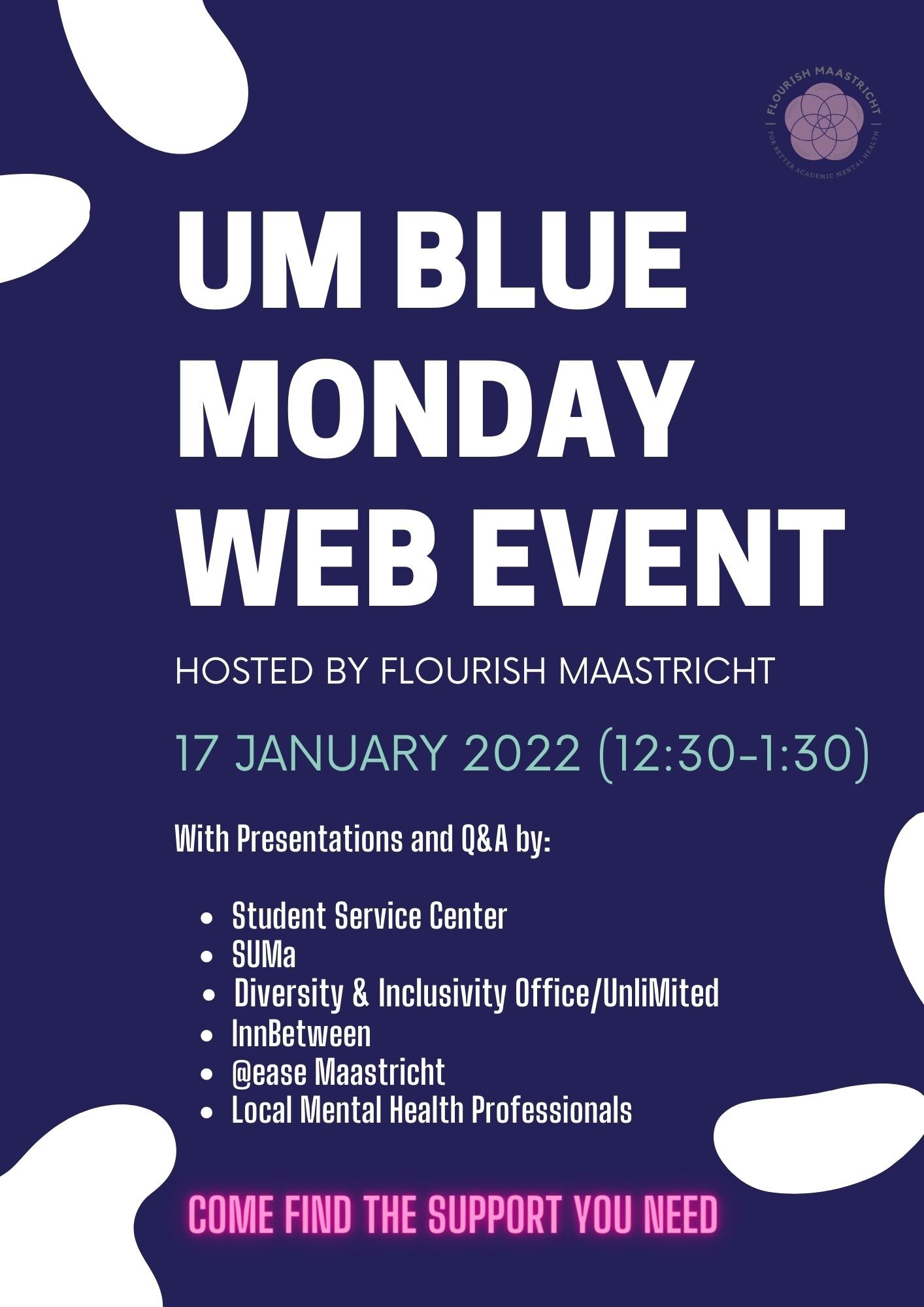
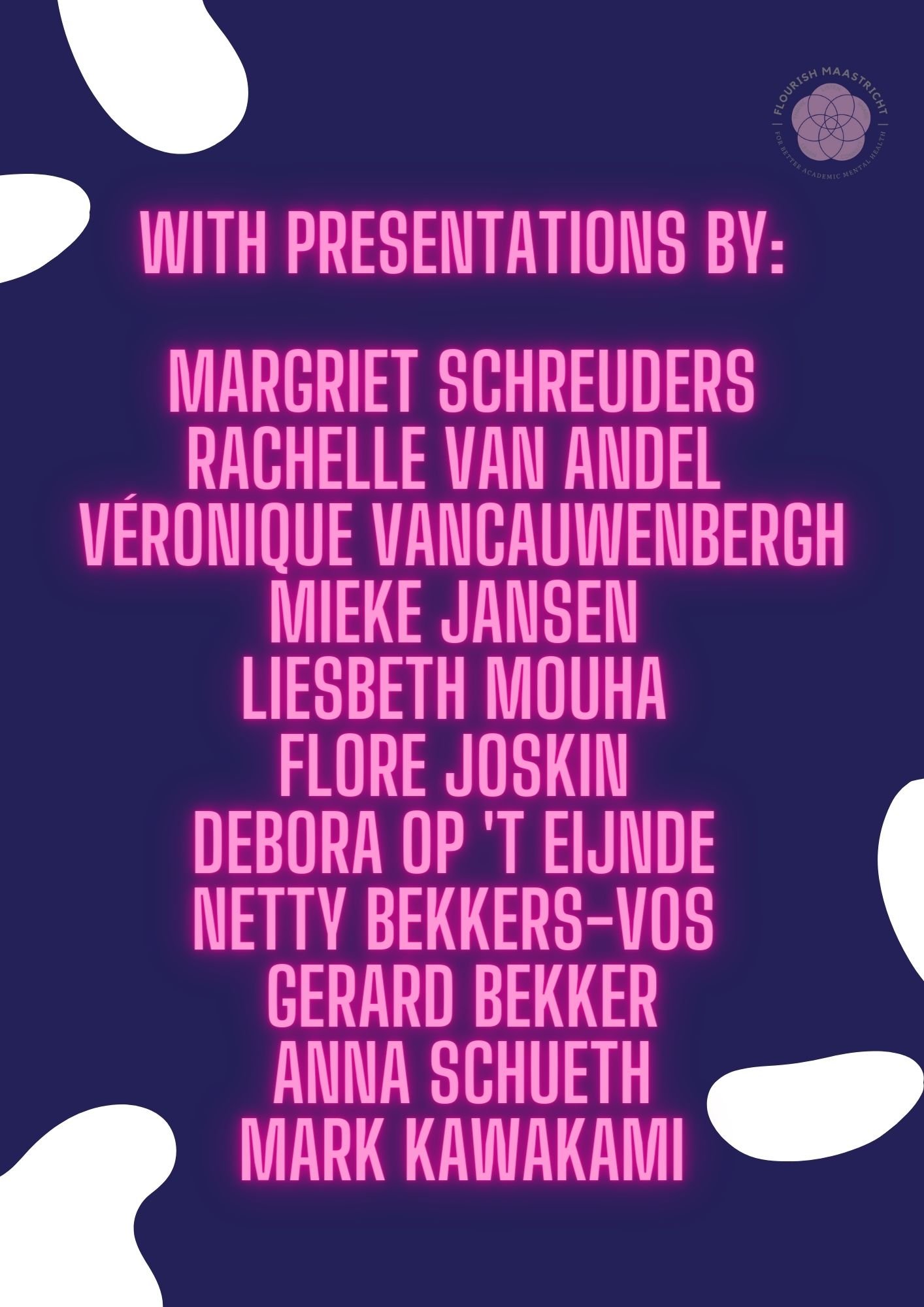
It was 2017 when I first spoke out about the lack of institutional support offered by the UM for issues related to mental health and well-being. Back then, I was frustrated by what almost felt like indifference on behlaf of the University about how well their students and staff were doing, especially for those that did not speak Dutch and was unaware of how to find help within the Dutch healthcare system. Since then, I have met many wonderful people working hard to improve the quality and the quanitity of support available to our students and staff.
However, even today, I still hear similar concerns from time to time about the lack of support or that there is much confusion on how students and staff can find the right help, not to mention the lingering stigma that is seemingly attached to the hip when it comes to matters of mental health. In order to: 1) connect those seeking for support with those that are offering them; and 2) to solicit more ways to keep improving the support available to our people, Flourish Maastricht has organized a short web event to showcase the support network available to our Community. On Blue Monday (17 January 2022), we are inviting speakers from the Student Service Center and the SUMa team, the InnBetween, @ease Maastricht, and other local mental health professionals, where they will each give a short pitch on the kind of support they offer and how you can reach them.
This event - which will be conducted in English - is free for all UM students and staff, but we kindly ask you to register for the event here before 16 January 2022. Come join us and find the support that you need!
"Lifelong Development Workshop" at the 2021 Learning & Innovation Conference!
I’ll be running a workshop on “Lifelong Development” together with Prof. dr. Trudie Schils (SBE) during the upcoming Learning & Innovation Conference on 10 November. In-person registration is already full, but there is still a small room for joining online. So hit me up if you’re interested and come join us to learn about… learning!

